Of all the ways in which self-knowledge may be fostered, perhaps one of the greatest is a person’s ability to discern how they view the past, at every time of life and every age: if that is so, what kind of memory can be ascribed to this girl in the second row? Maybe she has no memory except that of the previous summer, almost bereft of images… Two future goals coexist inside her: (1) to be thin and blond. (2) to be free, autonomous, and useful to the world. She dreams of herself as Mylène Demongeot and Simone de Beauvoir.
Annie Ernaux, The Years (2008)1
Lately, I can't stop thinking about people who dedicate their lives to becoming really good at something. It's an obsession – completely lost in one's world of wonders, without a care for the average expectations. I'm reminded of a scene from Gertner’s The Idea Factory, depicting Claude Shannon unicycling and juggling down Bell Labs' long hallway in 1950, passing rooms filled with his curious, whimsical inventions like a chess-playing machine and a mouse maze called "Theseus."2 His dream? Building a machine that thinks and interacts with humans.
People like Shannon possess a special passion that transforms the world into a playground of connections and discoveries. Becoming really good at something also means opening yourself to understanding everything else. We dabble in many, but only the most defining craft becomes a Magnum Opus. Charlotte Brontë's Jane Eyre, Annie Ernaux's The Years, Shannon's Information Theory, Giuseppe Tornatore's Cinema Paradiso, and Hayao Miyazaki's Ghibli Universe celebrating humanity's most beautiful and cherished qualities – these exemplify the zenith where a life's work crescendos.
Captivated by the possibility of one day pouring my existence into something, I have continued searching. I've let serendipity guide me into trying all kinds of things, always telling myself: as long as this is my choice, I'll do it with all the attention I have. I listen to little voices in my heart that tell me if something feels right, more right, or so right that I can’t ignore. One thing leads to another in a magical, indescribable way. I've met people and chanced upon ideas that make me fall in love with the possibilities of this world and the way we build with our hands to bring dreams to life. The future is still full of questions and challenges, but as I write these words, the voice in my heart is almost tearful: What you do is exactly what you are made for.
Biophysicist and higher-ed innovator Shi Yigong, in a letter to fellow scientists and scholars, asks: "The only benchmark for your excellence as a researcher is – will this field be significantly less coherent without your contribution?"3 I find myself pondering: When this problem is solved, will our understanding of the world be enhanced? If yes, it may be worth investigating.
But can you really plan for a Magnum Opus? I suspect such a thing, which is to give form to our existence and future absence4, only reveals itself after it's released to the world. There will come a day when the dots align, and our labor of love will define who we are. So for now, perhaps the attitude should be: treat everything I do as if it's my Magnum Opus.
–– and my response to that is: yes, I will. I will. I will.
Erica
Annie Ernaux, The Years, Fitzcarraldo Editions 2022 (first published in French in 2008)
Jon Gertner, The Idea Factory: Bell Labs and the Great Age of American Innovation, Penguin Books 2012
Shi Yigong 施一公, 自我突围, 中信出版集团 2023
Another nod to Annie Ernaux :)




